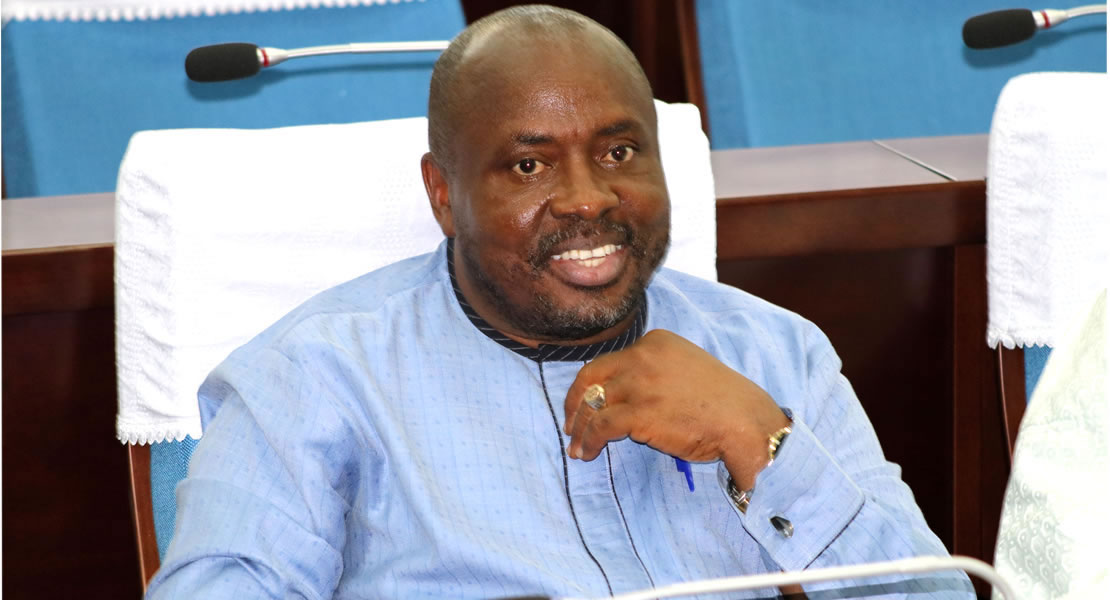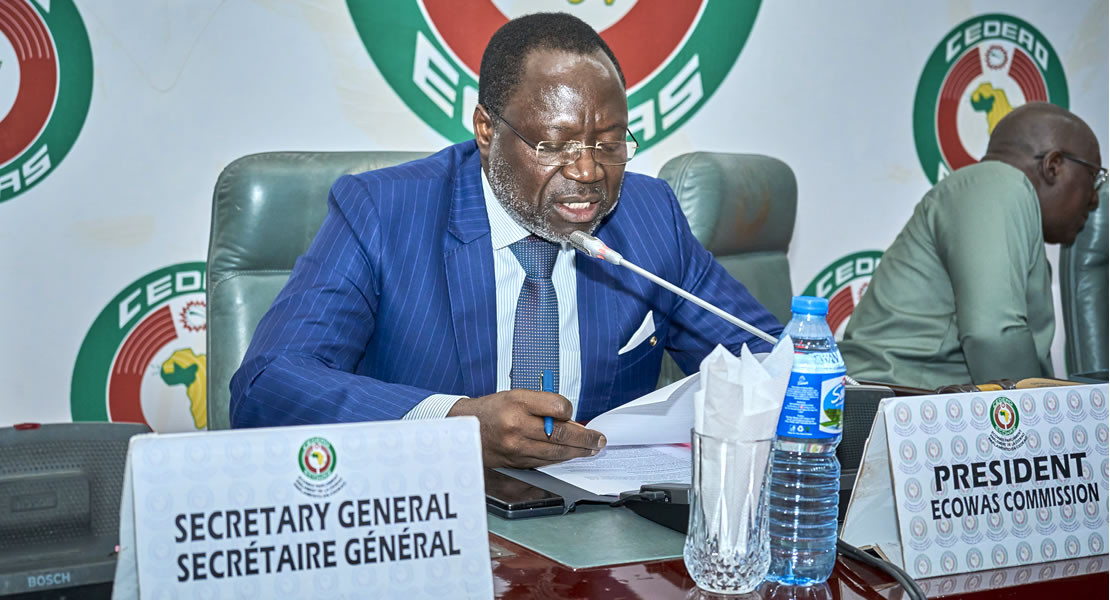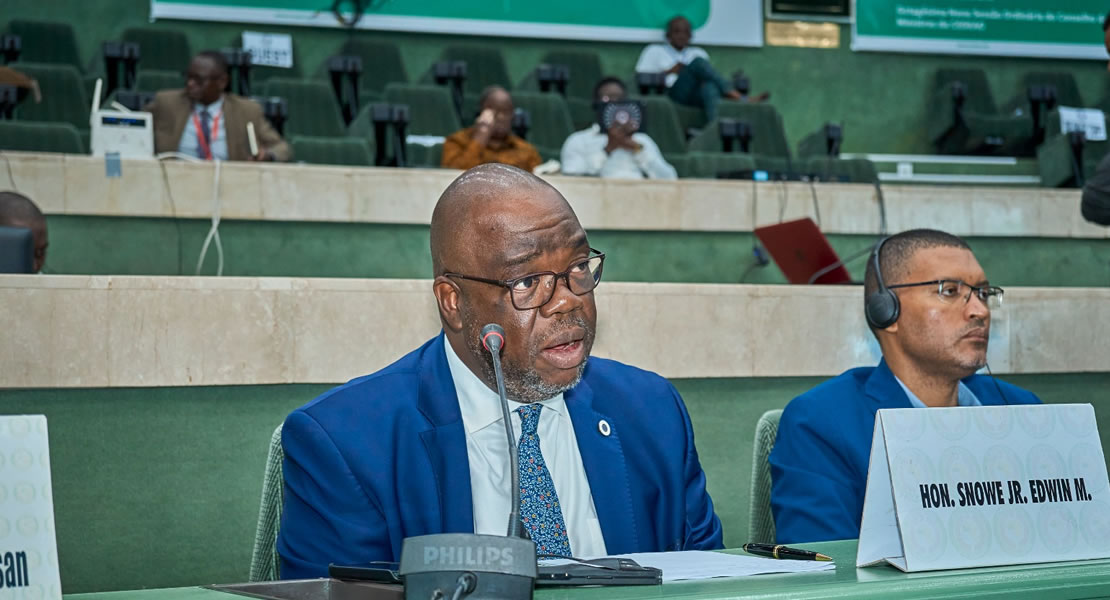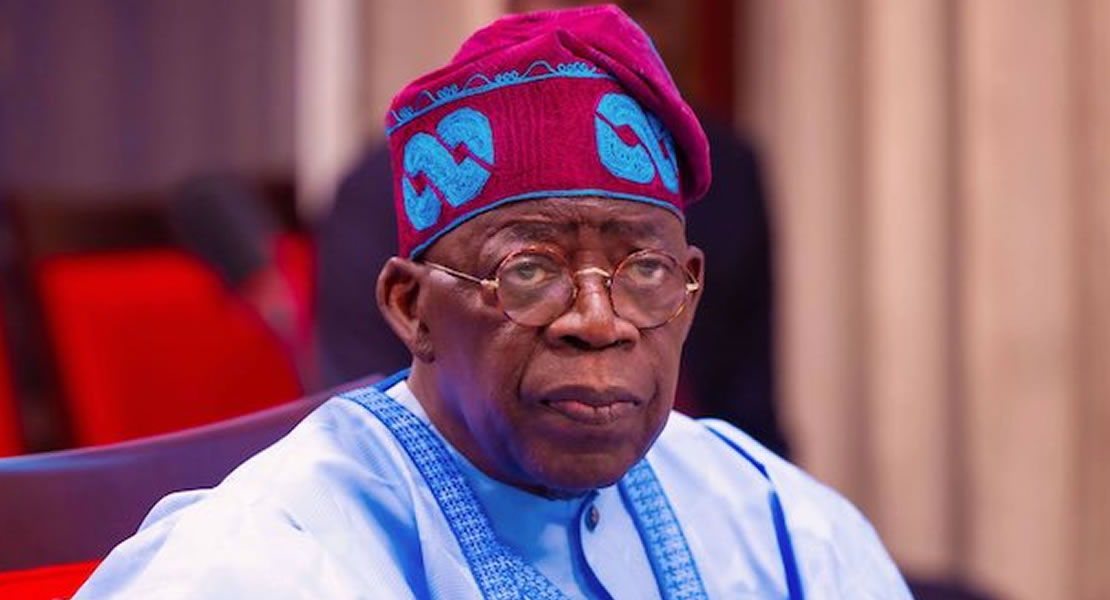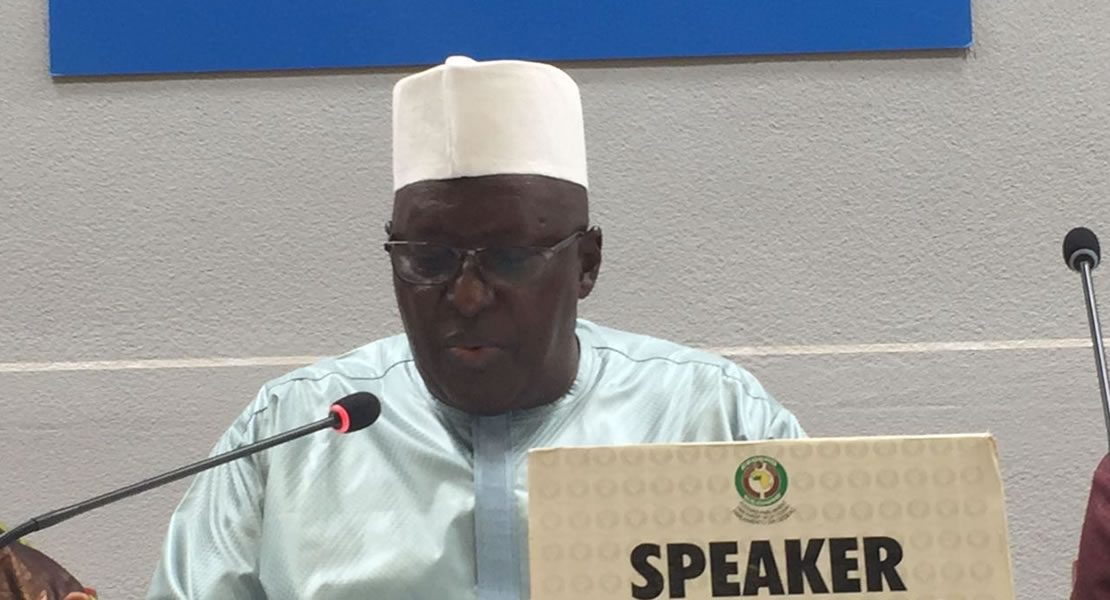Speaker of the Community Parliament Rt. Hon Sidie Mohamed Tunis has pointed out that inequality is one of the major factors causing rising crisis, including military coups and insecurity in the West African sub-region.
According to Speaker Tunis supporting the participation of people from vulnerable and marginalized groups in the decision-making and democratic processes of the societies is key to continued peace, security and sustainable development.
 He said this at the opening of the delocalized meeting of the Joint Committee of the ECOWAS Parliament Committee on Political Affairs, Peace, Security and the African Peer Review Mechanism (APRM); the Committee on Legal Affairs and Human Rights; and the Committee on Social Affairs, Gender and Women Empowerment holding in Monrovia, Liberia.
He said this at the opening of the delocalized meeting of the Joint Committee of the ECOWAS Parliament Committee on Political Affairs, Peace, Security and the African Peer Review Mechanism (APRM); the Committee on Legal Affairs and Human Rights; and the Committee on Social Affairs, Gender and Women Empowerment holding in Monrovia, Liberia.
And further acknowledged that every meeting of the Parliament is an opportunity to analyze and make proposals to better understand and control political, economic, and social developments in West Africa.
While noting that the meeting will focus on one of the priorities of ECOWAS Vision 2050, which is to promote good governance and consolidate irreversible peace, security, as well as development in the region, adding that, “as we all know, inequality has been one of the bases or causes of subversive acts in our region”.
“The marginalization of vulnerable groups from important decision-making processes, particularly ethnic or religious minorities, women and young people, provides fertile ground for conflict of violent extremism.”
The Speaker added that: “Political inclusivity has the advantage of enabling all points of view to be expressed and taken into consideration, and of enhancing the representation of every segment of the population, including women and young people.”
And revealed that the delocalized meeting, which is being held on the theme: “Enhancing political inclusivity in the participatory governance process: a mechanism for promoting peace and security “, was part of activities designed by the ECOWAS Parliament to continually demonstrate its openness to the citizens of the region, stressing that it also provides an opportunity to share experiences and collaborate with national institutions in the pursuit of the integration objectives of ECOWAS.
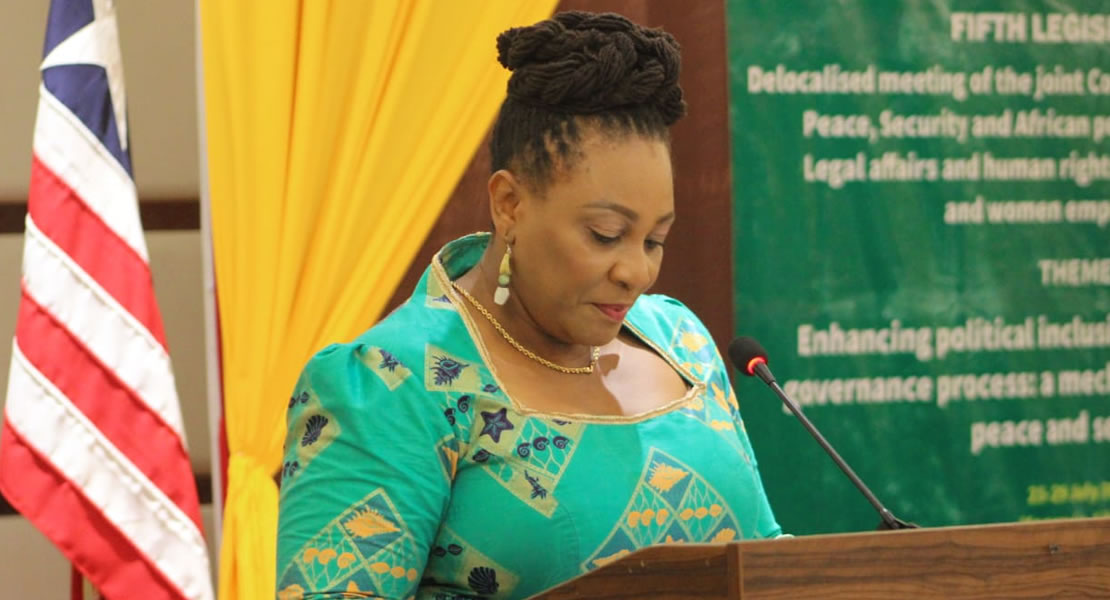 Vice President of Liberia, Dr. Jewel Howard Taylor lamented that political inclusivity is still far from being achieved, insisting that going by a few statistics as indicated by a January 2023 UN Women Facts and Figures report, women on the continent particularly and globally in general are still yet to be accorded the acceptable number in distribution of political offices.
Vice President of Liberia, Dr. Jewel Howard Taylor lamented that political inclusivity is still far from being achieved, insisting that going by a few statistics as indicated by a January 2023 UN Women Facts and Figures report, women on the continent particularly and globally in general are still yet to be accorded the acceptable number in distribution of political offices.
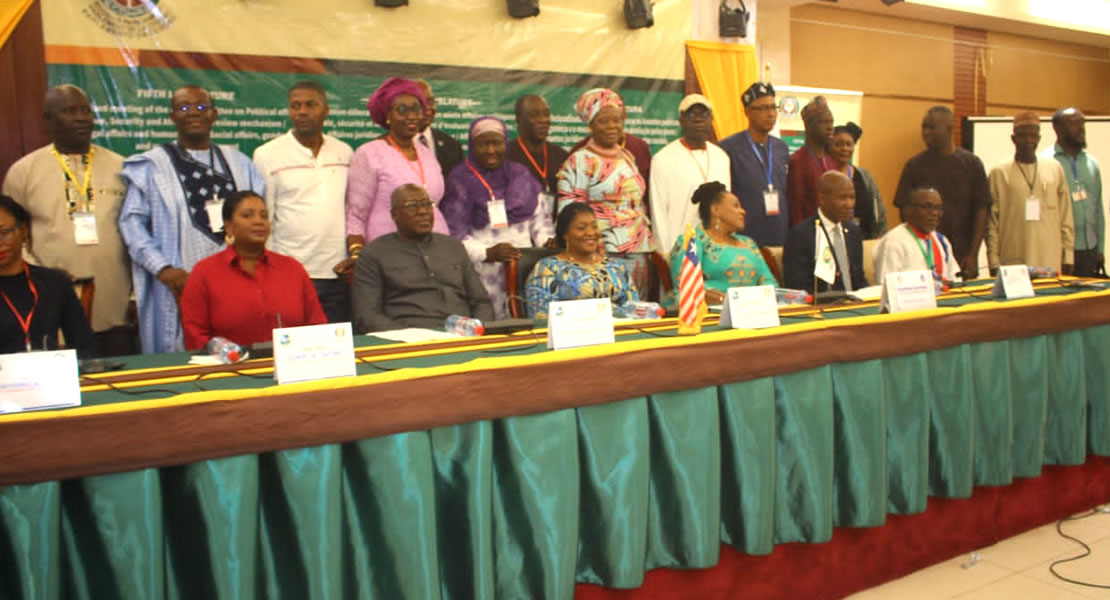 She noted that inclusive political processes are crucial to sustaining peace and conflict prevention; establishing and strengthening political processes aimed at improving the participation and political influence of citizens; making governments and institutions more accountable and transparent, and building a stronger and more inclusive social contract between government and the people for greater access to opportunities, amongst other issues.
She noted that inclusive political processes are crucial to sustaining peace and conflict prevention; establishing and strengthening political processes aimed at improving the participation and political influence of citizens; making governments and institutions more accountable and transparent, and building a stronger and more inclusive social contract between government and the people for greater access to opportunities, amongst other issues.
Taylor said though much has been done over the past 30 years to bring to the front burner the issue of equal participation of both genders, but the fact remains that even at the ECOWAS Parliament where the mandatory acceptable standard is a minimum 30% representation from each member state; current statistics indicated that out of 115 members only 21 members are females, a mere 18.26%.
She argued that: “A woman is human. She is not better, wiser, stronger, more intelligent, more creative or more responsible than a man. Likewise, she is also not less…” She asked the parliamentarians that “as you navigate the discussions on the way forward towards greater peace and security in our sub-region, I crave your indulgence to proffer policy prescriptions which compel our National Governments to take affirmative action for the inclusion of women at all levels in the Executive, Legislative and Judicial branches of governments.”
President of the ECOWAS Commission, Omar Alieu Touray also noted that the disconnect between the government and its citizens is a contributing factor to the volatility and threats to democracy in the sub-region.
Touray who was represented by Mrs. Josephine Nkrumah, Permanent Representative of the ECOWAS Commission to Liberia urged Members of the ECOWAS Parliament to consider the role of civic engagements as a key strategy to building a more inclusive society.
He said that the ECOWAS Parliament’s delocalized meeting was apt and the Commission awaits recommendations from the meeting that it can work with the Parliament to ensure inclusivity of all ECOWAS citizens in the democratic process of the sub region.
Ghanamps.com
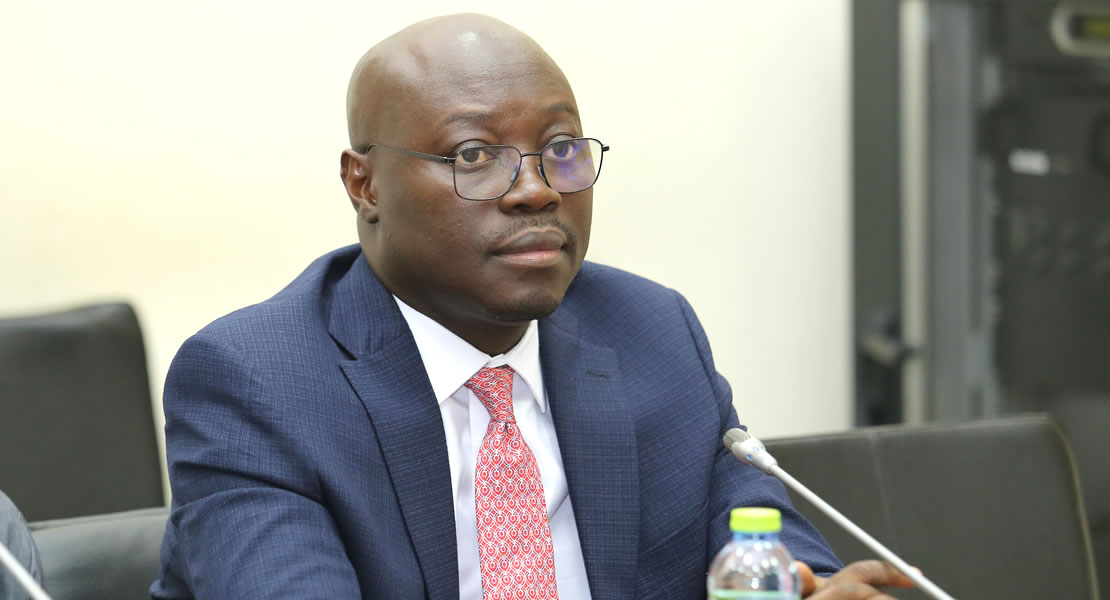
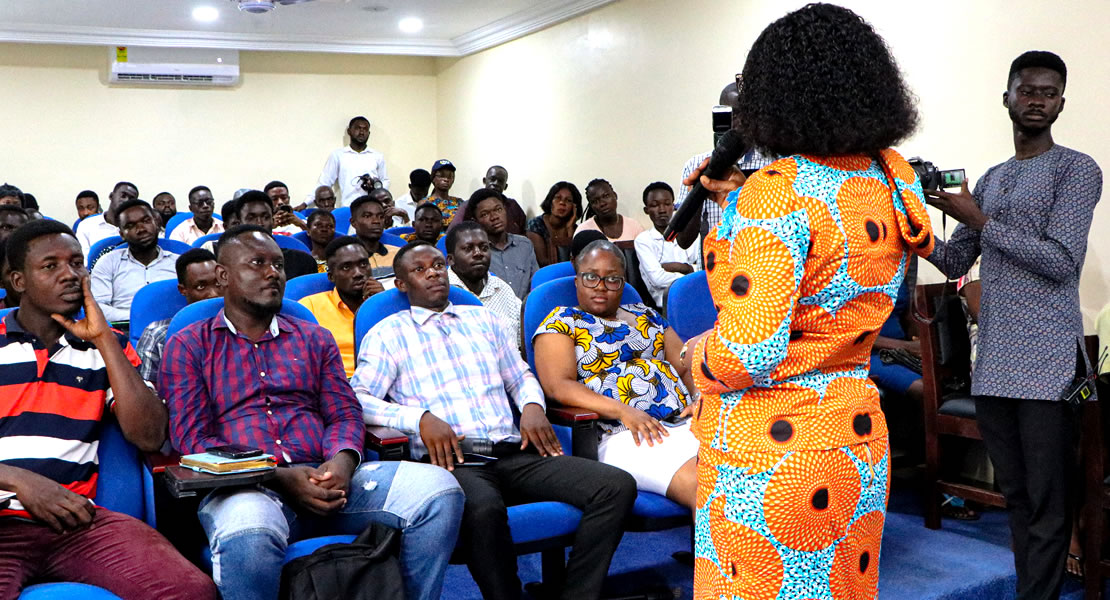
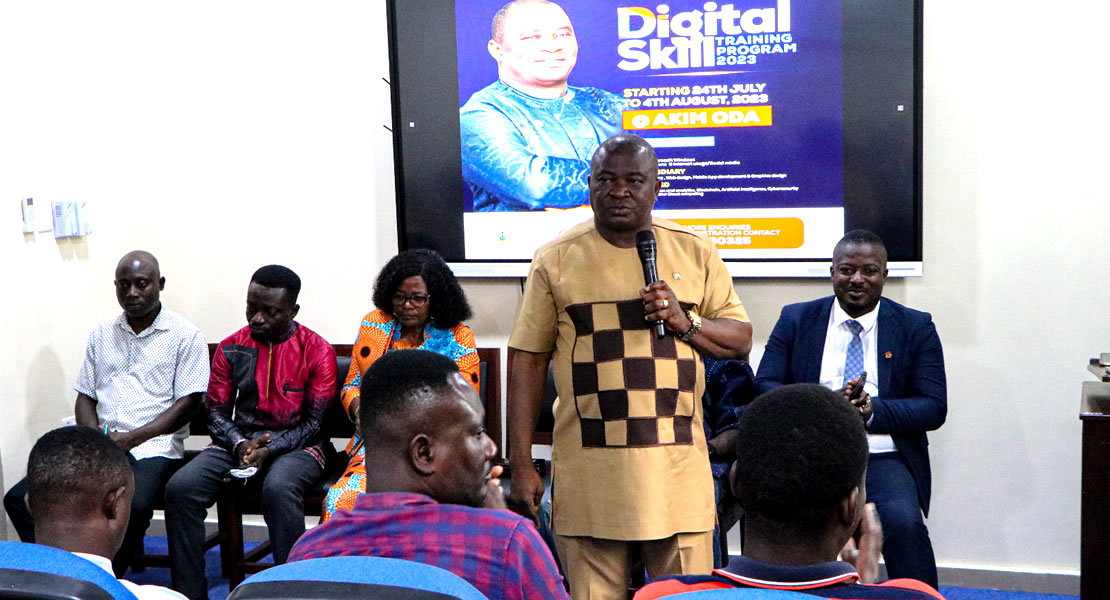 Whiles the advanced training will focus on data virtualization and analytics, blockchain, artificial intelligence, cyber security, ethical hacking and cloud computing.
Whiles the advanced training will focus on data virtualization and analytics, blockchain, artificial intelligence, cyber security, ethical hacking and cloud computing.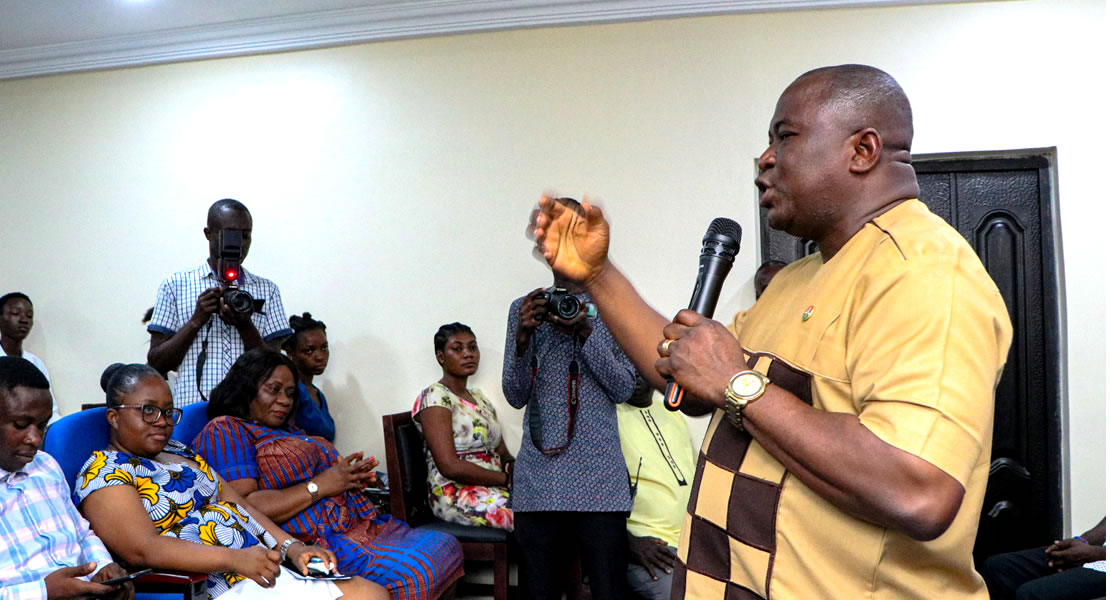
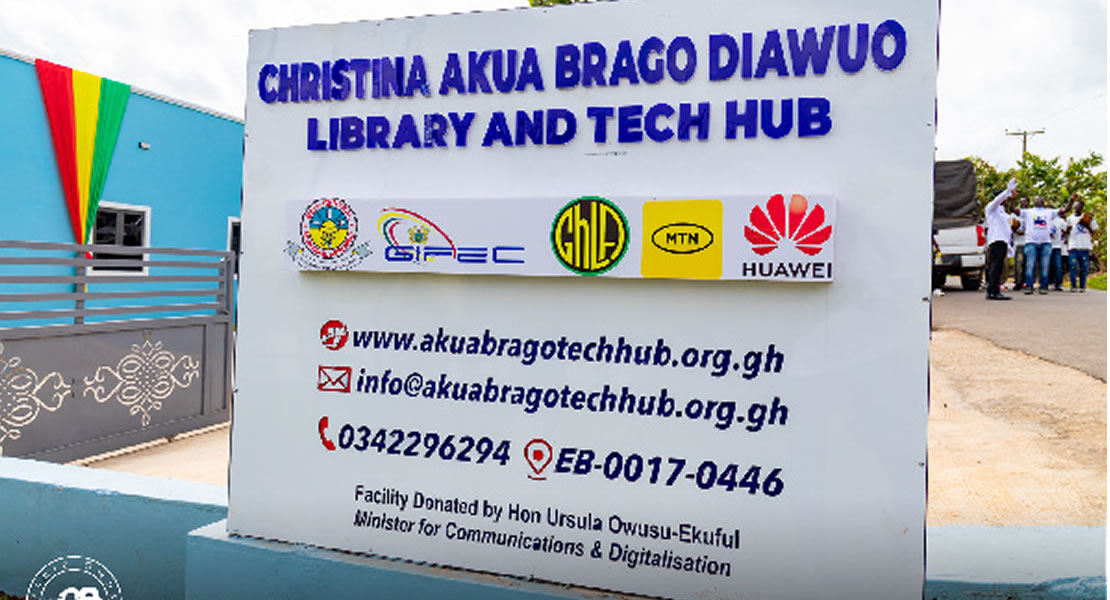 Mr. Akwasi Acquah made this observation on Monday, July 24, 2023 at a start of a digital skill training program at Akim Oda to benefit over forty youths in his constituency to help them walk the trajectory of innovation.
Mr. Akwasi Acquah made this observation on Monday, July 24, 2023 at a start of a digital skill training program at Akim Oda to benefit over forty youths in his constituency to help them walk the trajectory of innovation.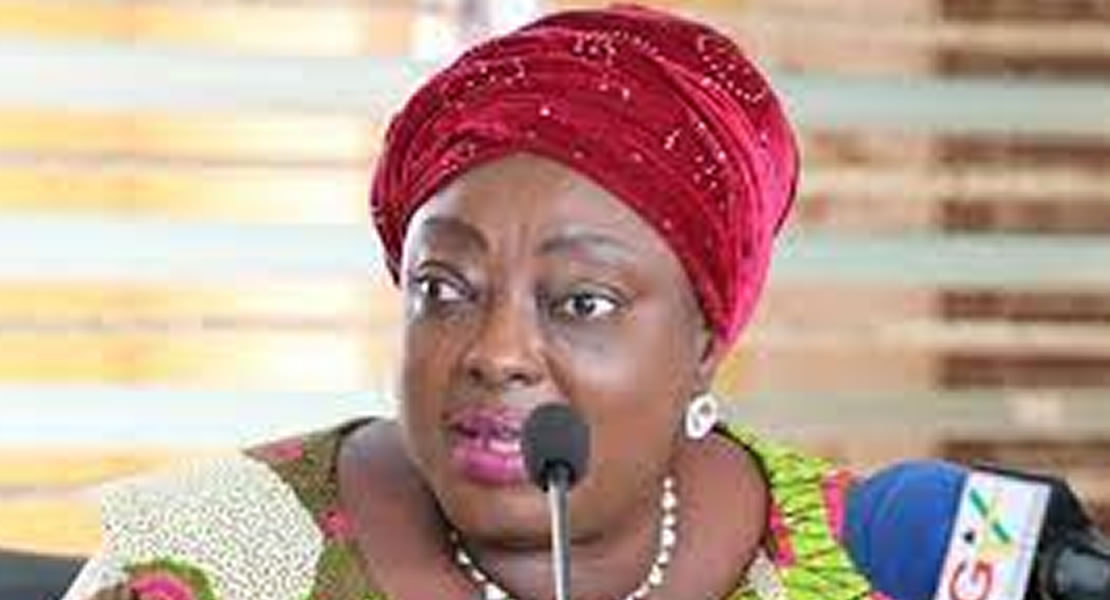
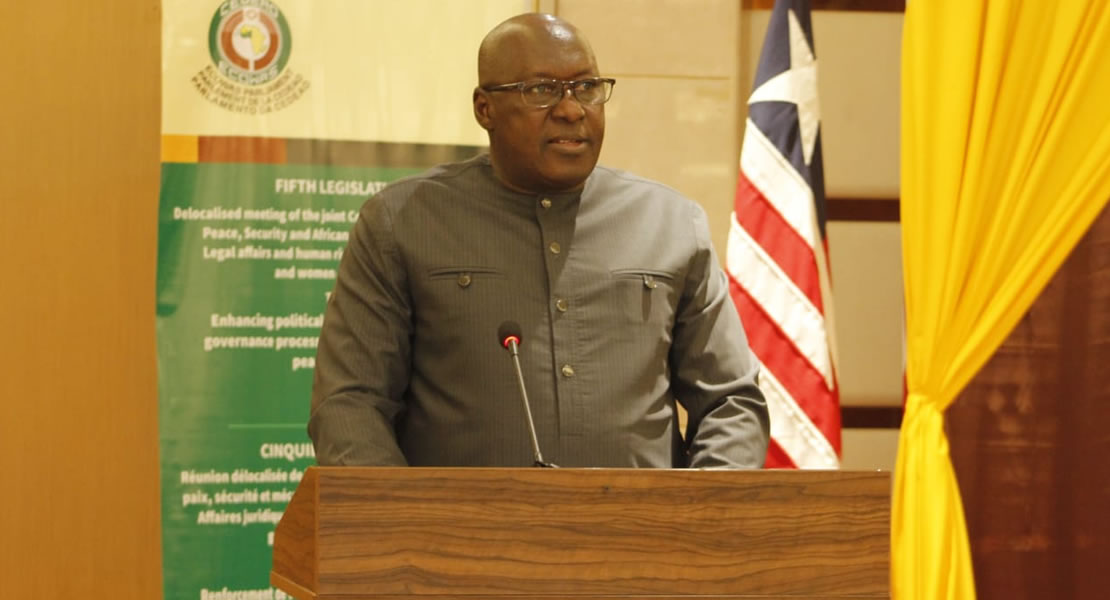
 He said this at the opening of the delocalized meeting of the Joint Committee of the ECOWAS Parliament Committee on Political Affairs, Peace, Security and the African Peer Review Mechanism (APRM); the Committee on Legal Affairs and Human Rights; and the Committee on Social Affairs, Gender and Women Empowerment holding in Monrovia, Liberia.
He said this at the opening of the delocalized meeting of the Joint Committee of the ECOWAS Parliament Committee on Political Affairs, Peace, Security and the African Peer Review Mechanism (APRM); the Committee on Legal Affairs and Human Rights; and the Committee on Social Affairs, Gender and Women Empowerment holding in Monrovia, Liberia. Vice President of Liberia, Dr. Jewel Howard Taylor lamented that political inclusivity is still far from being achieved, insisting that going by a few statistics as indicated by a January 2023 UN Women Facts and Figures report, women on the continent particularly and globally in general are still yet to be accorded the acceptable number in distribution of political offices.
Vice President of Liberia, Dr. Jewel Howard Taylor lamented that political inclusivity is still far from being achieved, insisting that going by a few statistics as indicated by a January 2023 UN Women Facts and Figures report, women on the continent particularly and globally in general are still yet to be accorded the acceptable number in distribution of political offices. She noted that inclusive political processes are crucial to sustaining peace and conflict prevention; establishing and strengthening political processes aimed at improving the participation and political influence of citizens; making governments and institutions more accountable and transparent, and building a stronger and more inclusive social contract between government and the people for greater access to opportunities, amongst other issues.
She noted that inclusive political processes are crucial to sustaining peace and conflict prevention; establishing and strengthening political processes aimed at improving the participation and political influence of citizens; making governments and institutions more accountable and transparent, and building a stronger and more inclusive social contract between government and the people for greater access to opportunities, amongst other issues.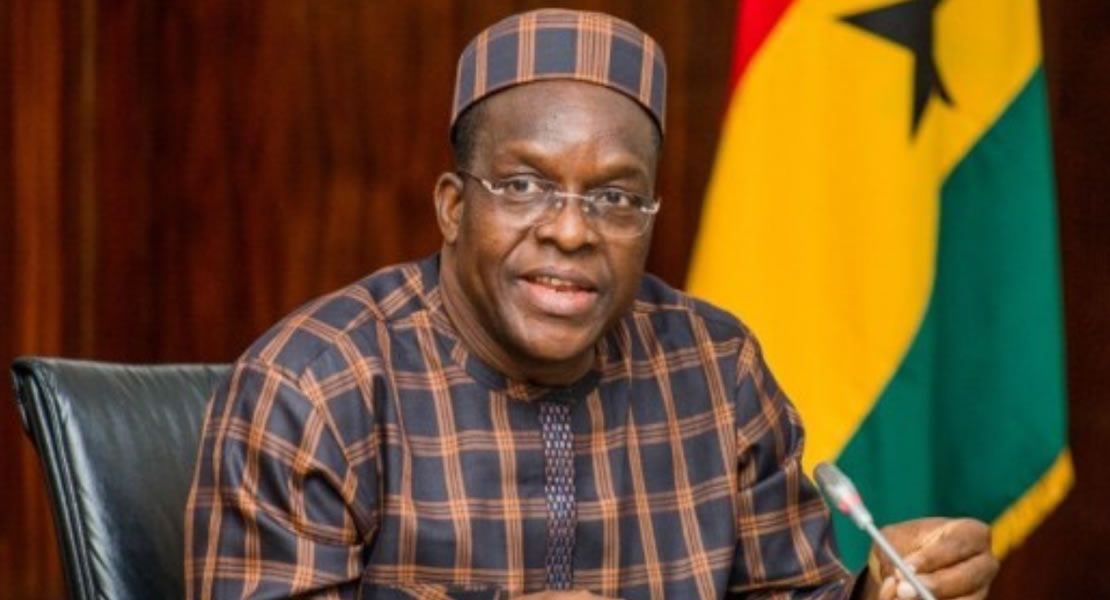
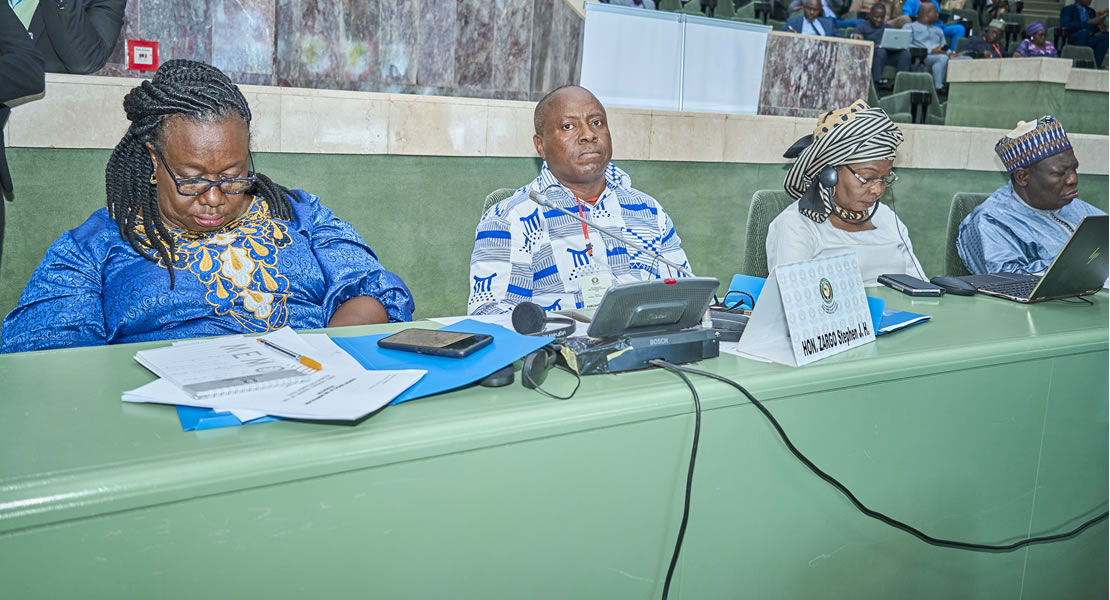
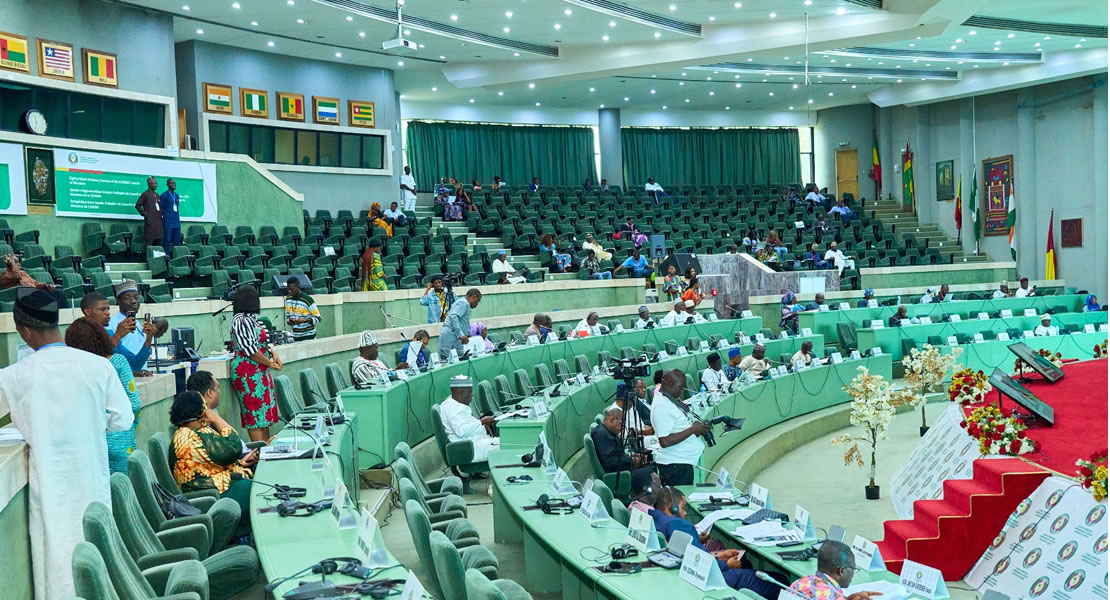 Again, election issues are of concern to ECOWAS, so “in my honest opinion things that were witnessed in the Sierra Leone’s elections, we need to tackle it by improving on them more especially when you have the opposition denouncing the election results; they felt the process was not as transparent”, he indicated.
Again, election issues are of concern to ECOWAS, so “in my honest opinion things that were witnessed in the Sierra Leone’s elections, we need to tackle it by improving on them more especially when you have the opposition denouncing the election results; they felt the process was not as transparent”, he indicated.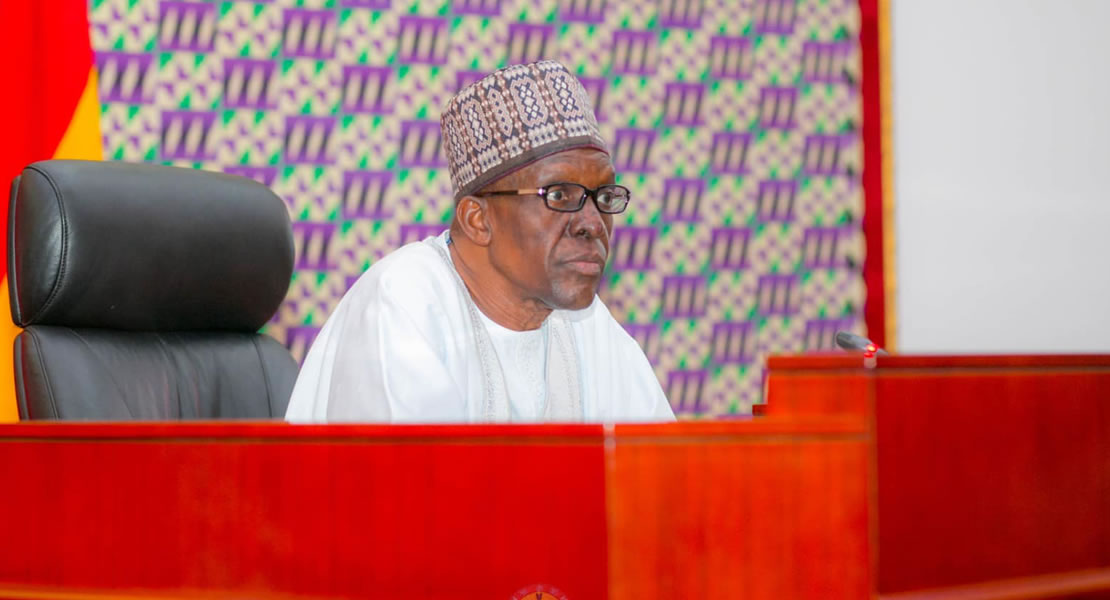
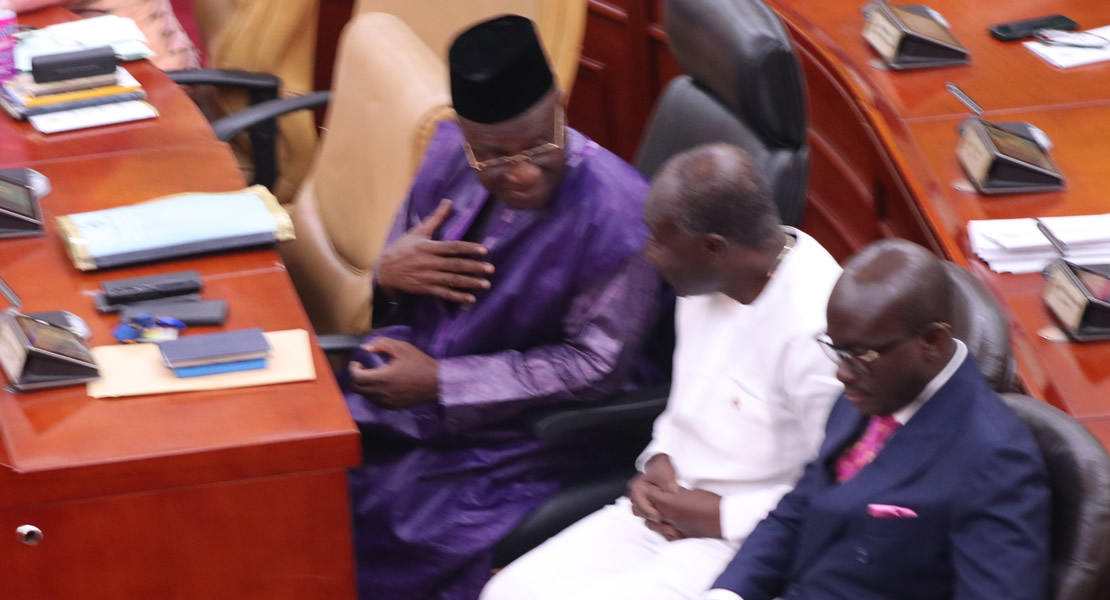 According to the Speaker per agreement between leadership of the House and the Finance Ministry, the sector Minister will be available on Friday, July 28, 2023 for an intensive discussion on the presentation of the mid-year budget review.
According to the Speaker per agreement between leadership of the House and the Finance Ministry, the sector Minister will be available on Friday, July 28, 2023 for an intensive discussion on the presentation of the mid-year budget review.